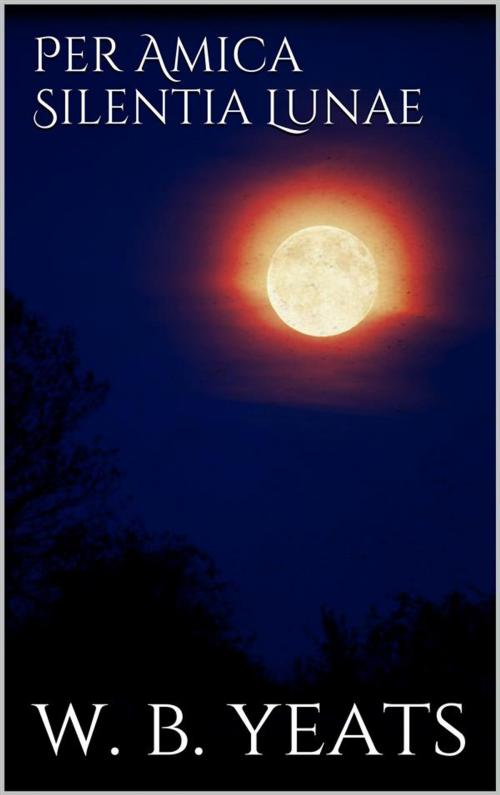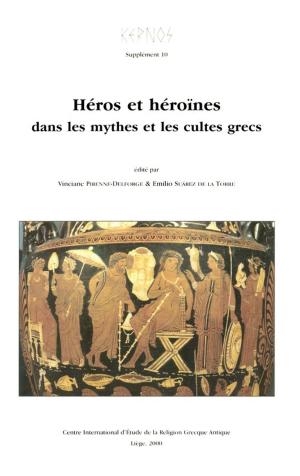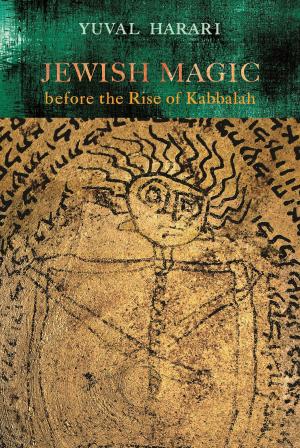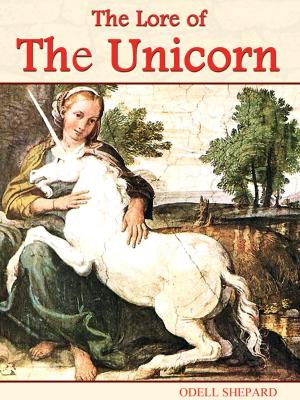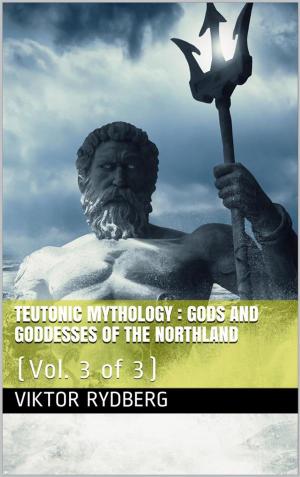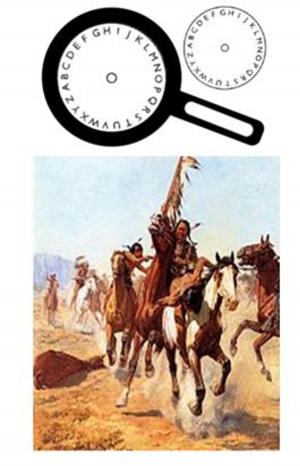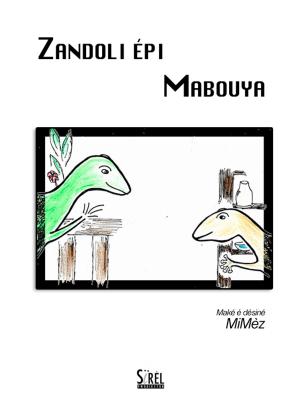Per Amica Silentia Lunae
Nonfiction, Social & Cultural Studies, Social Science, Folklore & Mythology| Author: | W. B. Yeats | ISBN: | 9788892512634 |
| Publisher: | W. B. Yeats | Publication: | October 29, 2015 |
| Imprint: | Language: | English |
| Author: | W. B. Yeats |
| ISBN: | 9788892512634 |
| Publisher: | W. B. Yeats |
| Publication: | October 29, 2015 |
| Imprint: | |
| Language: | English |
My Dear “Maurice”—I was often in France before you were born or when you were but a little child. When I went for the first or second time Mallarmé had just written: “All our age is full of the trembling of the veil of the temple.” One met everywhere young men of letters who talked of magic. A distinguished English man of letters asked me to call with him on Stanislas de Gaeta because he did not dare go alone to that mysterious house. I met from time to time with the German poet Doukenday, a grave Swede whom I only discovered after years to have been Strindberg, then looking for the philosopher’s stone in a lodging near the Luxembourg; and one day in the chambers of Stuart Merrill the poet, I spoke with a young Arabic scholar who displayed a large, roughly-made gold ring which had grown to the shape of his finger. Its gold had no hardening alloy, he said, because it was made by his master, a Jewish Rabbi, of alchemical gold. My critical mind—was it friend or enemy?—mocked, and yet I was delighted. Paris was as legendary as Connaught. This new pride, that of the adept, was added to the pride of the artist. Villiers de L’Isle Adam, the haughtiest of men, had but lately died. I had read his Axel slowly and laboriously as one reads a sacred book—my French was very bad—and had applauded it upon the stage. As I could not follow the spoken words, I was not bored even where Axel and the Commander discussed philosophy for a half-hour instead of beginning their duel. If I felt impatient it was only that they delayed the coming of the adept Janus, for I hoped to recognise the moment when Axel cries: “I know that lamp, it was burning before Solomon”; or that other when he cries: “As for living, our servants will do that for us.”
My Dear “Maurice”—I was often in France before you were born or when you were but a little child. When I went for the first or second time Mallarmé had just written: “All our age is full of the trembling of the veil of the temple.” One met everywhere young men of letters who talked of magic. A distinguished English man of letters asked me to call with him on Stanislas de Gaeta because he did not dare go alone to that mysterious house. I met from time to time with the German poet Doukenday, a grave Swede whom I only discovered after years to have been Strindberg, then looking for the philosopher’s stone in a lodging near the Luxembourg; and one day in the chambers of Stuart Merrill the poet, I spoke with a young Arabic scholar who displayed a large, roughly-made gold ring which had grown to the shape of his finger. Its gold had no hardening alloy, he said, because it was made by his master, a Jewish Rabbi, of alchemical gold. My critical mind—was it friend or enemy?—mocked, and yet I was delighted. Paris was as legendary as Connaught. This new pride, that of the adept, was added to the pride of the artist. Villiers de L’Isle Adam, the haughtiest of men, had but lately died. I had read his Axel slowly and laboriously as one reads a sacred book—my French was very bad—and had applauded it upon the stage. As I could not follow the spoken words, I was not bored even where Axel and the Commander discussed philosophy for a half-hour instead of beginning their duel. If I felt impatient it was only that they delayed the coming of the adept Janus, for I hoped to recognise the moment when Axel cries: “I know that lamp, it was burning before Solomon”; or that other when he cries: “As for living, our servants will do that for us.”
